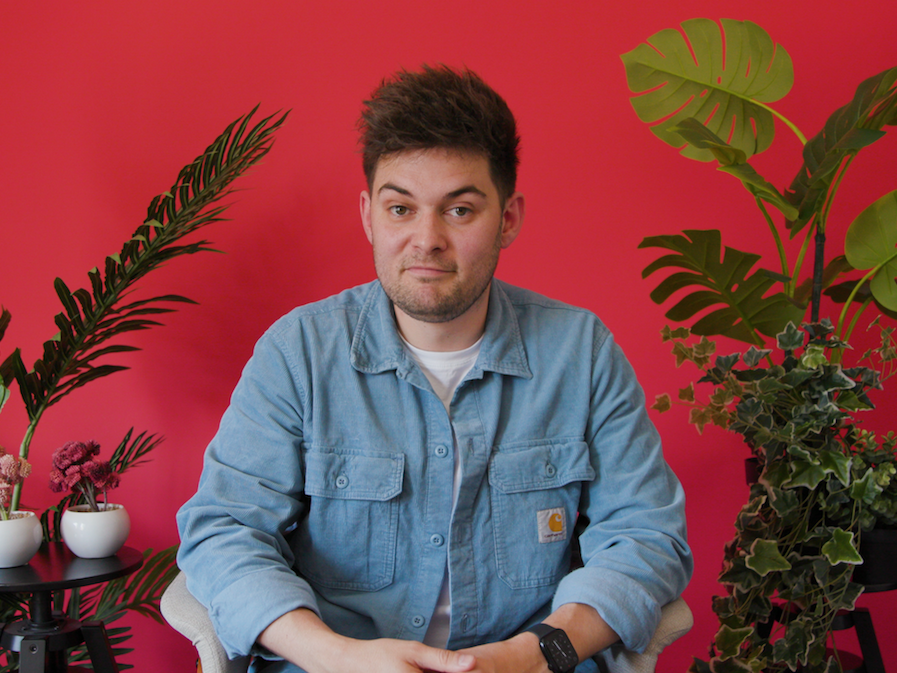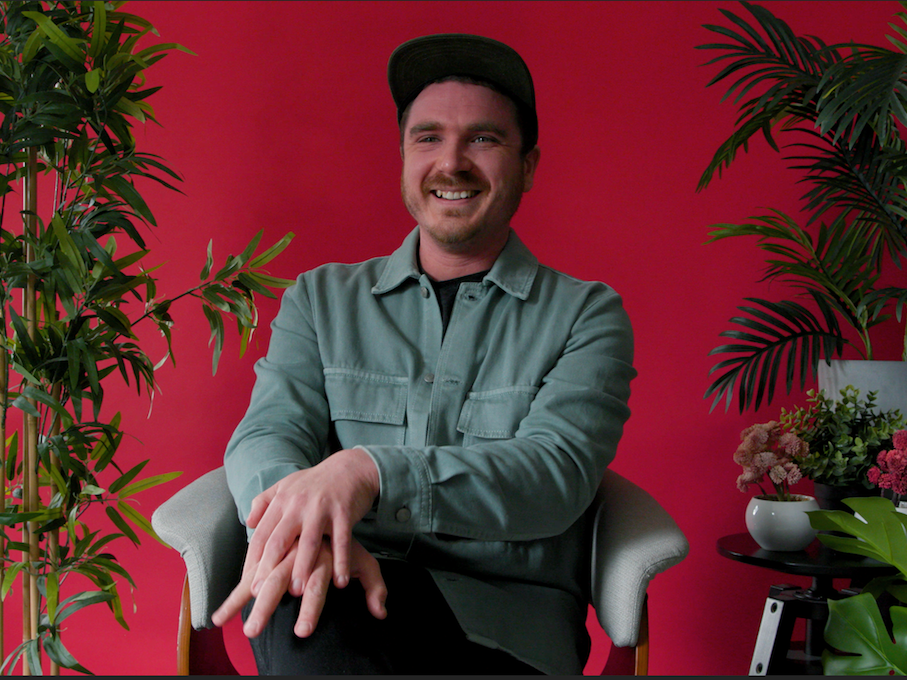Things I wish I'd known before becoming a cinematographer


Hi. I’m Lewis. I’m a cinematographer and CTO at Storm & Shelter and here are some things I wish I knew before I started.

There really aren't any shortcuts to becoming a cinematographer
When you step onto a set, there’s an expectation that you know how to communicate with everyone properly:
- The gaffer
- The grip department
- The camera department and all your assistants
- The art director
- The director to achieve their vision
There are lots of facets that you need to master and really, there’s no shortcut to that you just have to take the time and just build up that experience to the point where you’ve mastered it and hold your own on a set.
Nobody cares how much you know until they know how much you care
I think this is a Teddy Roosevelt quote, but actually, I just learned it while filming an e-course. When I started off, I think through a bit of a lack of self-confidence and also I wanted to feel more confident on set, I felt that the best route to do that would be to just learn as much stuff as I could.
I thought that at least if I knew all the theory when I’d got to set, I could just do it.
It actually turns out that you don’t get the best performances from the actors and you didn’t get the best out of your crew by just trying to prove that you know everything.
You need to just listen to them and work with them and make the entire thing a collaborative experience. It doesn’t matter what theoretically should work on paper. If it’s not working, the only way to make it work is to communicate with people.
Stay humble
It doesn’t matter how many times you’ve done the same thing or how experienced you are, there’s always the possibility that you’re wrong or that you’ve missed something so always be prepared to eat humble pie.
Things change all the time and people make mistakes so it’s good to just have your ears open and be prepared to learn.
Always carry the basics
It doesn’t matter how big or small your production is, how many crew you’ve got, or how many people you’ve got looking after you there are always a small number of things you can just bring to set to set yourself up to do a good job:
- A watch
- A Leatherman / multi-tool
- A bottle of water
- An idea of how you can get good coffee.
If you’ve got all of those things, you shouldn’t have to be running around too much. You can sort of just stay with the camera, stay with the lighting crew, stay with the director, stay focused, and just get on with the shoot.
Go to the gym
If you’re going to go into cinematography as a field of work, it’s heavy work, you’re often carrying things. A lot of time you’re carrying a camera.
Don’t wait until your body starts hurting to tell you that you need to do something about it.
Going to the gym, you know, once or twice a week when you can and just training some really core basic muscle groups like shoulders and back will serve you very well and you’ll be able to withstand the pressures of doing the job every day.
And also when you’re not in pain, it means you can just really be in the moment with the director and the talent and everybody else on set without straining every scene just to make sure you’re holding the camera up without flopping over.
—
I hope that was useful. Just get out there, have fun, shoot some stuff and have a good time.
